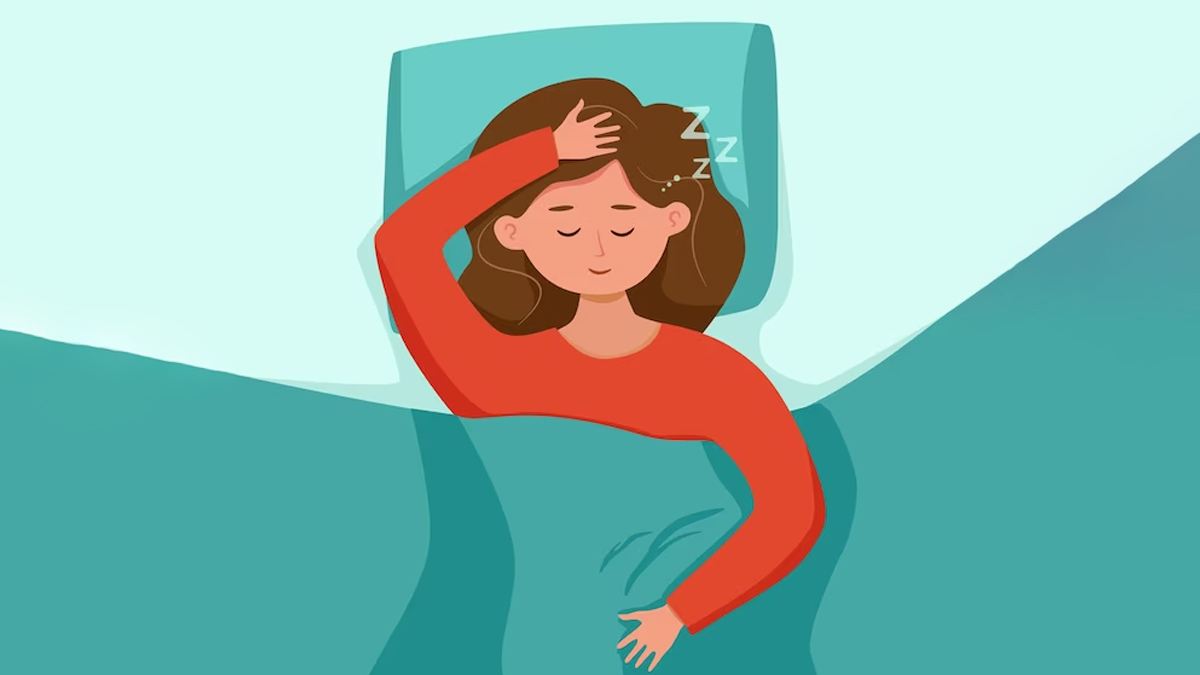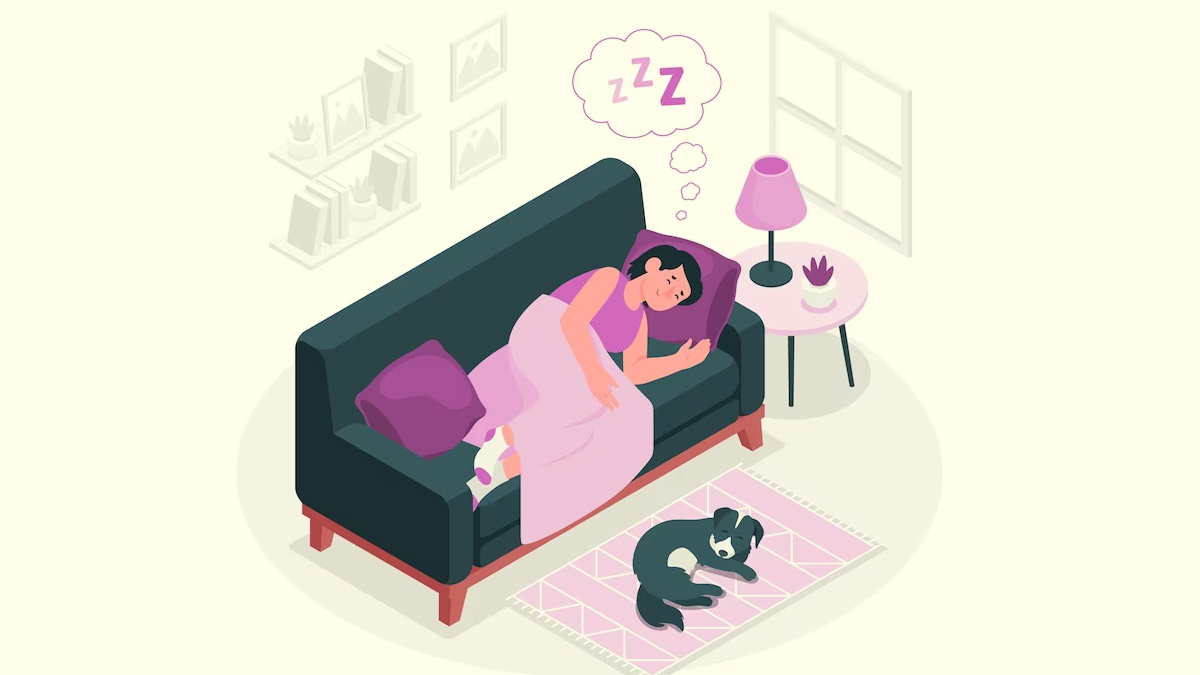
Stress, whether related to personal or professional commitments, can affect the best of us. On the work front, emails, slack messages, phones ringing off the hook, and impromptu meetings coupled with balancing personal commitments can make any person frazzled and anxious.
Table of Content:-
As a result, chronic stress, and the inability to manage time have resulted in a lack of work-life balance, now impacting our overall mental and physical health.
“Every person on the planet has 24 hours to do all the tasks they want to do; however, due to a lack of planning, people are compromising their sleep to achieve their goals. It is essential to understand that every human has a daily circadian rhythm or sleep-wake cycle that allows them to function optimally in a dynamic world. This circadian rhythm helps us adjust our body’s biological clock to the day and night cycle demands,” said ar Sanjay Kumavat, Consultant Mental Health & Behavioural Sciences, Fortis Hospital, Mulund.
Many people often ignore their circadian rhythm and sleep systems at the cost of doing more, which can be attributed to the perils of professional needs, the rapid pace of life and excessive competition that has seeped into almost every sector. As a result, mental illnesses like Depression, Panic Attacks and Anxiety have become rampant, which has also been backed by WHO study, which states that 1 in every 8 people in the world live with a mental disorder.

How does sleep loss and harmful stress impact a person’s health?
“Harmful stress is ‘physical, mental, or emotional stimuli that impairs health or performance.’ It can result from disrupted or shortened sleep and has become a common occurrence for almost all sections of society. Whether they are teenagers, professionals in the business and public sectors or even night shift workers, lack of good quality sleep is beginning to affect everyone,” Dr Kumar said.
Also read: Symptoms Of Depression That Are Often Missed
“The excessive working hours associated with sleep disruption leads to the release of Cortisol, a Glucocorticoid and the body's primary stress hormone. When a person stays up late and does not get quality sleep, the Adrenaline, and the continued state of stress in the body adversely affect their health. In the long run, this can cause illnesses like Hypertension, Diabetes, Insomnia, Anxiety, Absent-Mindedness, and Depression,” he added.
Feeling some tension and worry is normal, but when this state is increased or sustained for an extended period, it can impact a person's coping capacity. As a result, this person will then experience an imbalance between the demands placed upon them and their perceived inability to manage these demands. This impaired ability to cope with the needs of life acts as an additional stressor, which can cause low self-esteem, frustration, increased worry, and Depression.
How do late nights and fighting the body clock lead to poor health outcomes?
Light enables us to see fine details, colour and motion and exerts a certain degree of non-visual effects on a person’s circadian rhythms, sleep, and mood. In this respect, light at the wrong time (or nighttime) will lead to a person disrespecting their body clock, thus leading to a lack of good quality sleep.
Many of these sleep disruptions have become a common problem today, considering the extent of globalisation and digitalisation that have permeated today’s society. With the pressure to be available 24/7, especially in the professional space, lack of sleep and fighting the body clock is now impacting mental health, especially those that belong to vulnerable categories.

Also, many people tend to treat these disruptions of sleep and exhaustion through the wrong methods, which include tobacco, alcohol, and non-prescription drugs. While these items harm even healthy individuals, they can wreak havoc on people who already suffer from Hypertension, Diabetes, metabolic syndromes, chronic fatigue, and Insomnia. That’s not all, while these methods can lead to short-term effects of “feeling good “, in the long run, they impact a person’s mental health in myriad ways.
Also read: Can Depression Lead To Diabetes Type 2? Here's What This Study Has To Say
Lack of work-life balance also affects the fabric of family life in society, leading to a lack of communication, marital discord, disrupted social life and personal care. All these can profoundly impact a person’s psychology and lead to Anxiety and Depression. In the long run, this can lead to increased errors at the workplace due to a lack of attention, shaky confidence, and low self-esteem. Many people want to earn more money to maintain a high standard of living. As a result, many of them ‘moonlight’, which is to take on an additional job during their free hours. As a result, they do not have time to spend on themselves or their family. This can prove to be highly toxic and impact a person’s mental health negatively.
We must understand that our health and wellness are in our control, and the steps we take for it can alter it for better or worse. By inculcating good lifestyle habits, especially by focusing on good restful sleep of eight hours every night, proper work-life balance, and good work culture, we can prevent burnout and reduce the strain on a person’s mental health.
Also watch this video
How we keep this article up to date:
We work with experts and keep a close eye on the latest in health and wellness. Whenever there is a new research or helpful information, we update our articles with accurate and useful advice.
Current Version